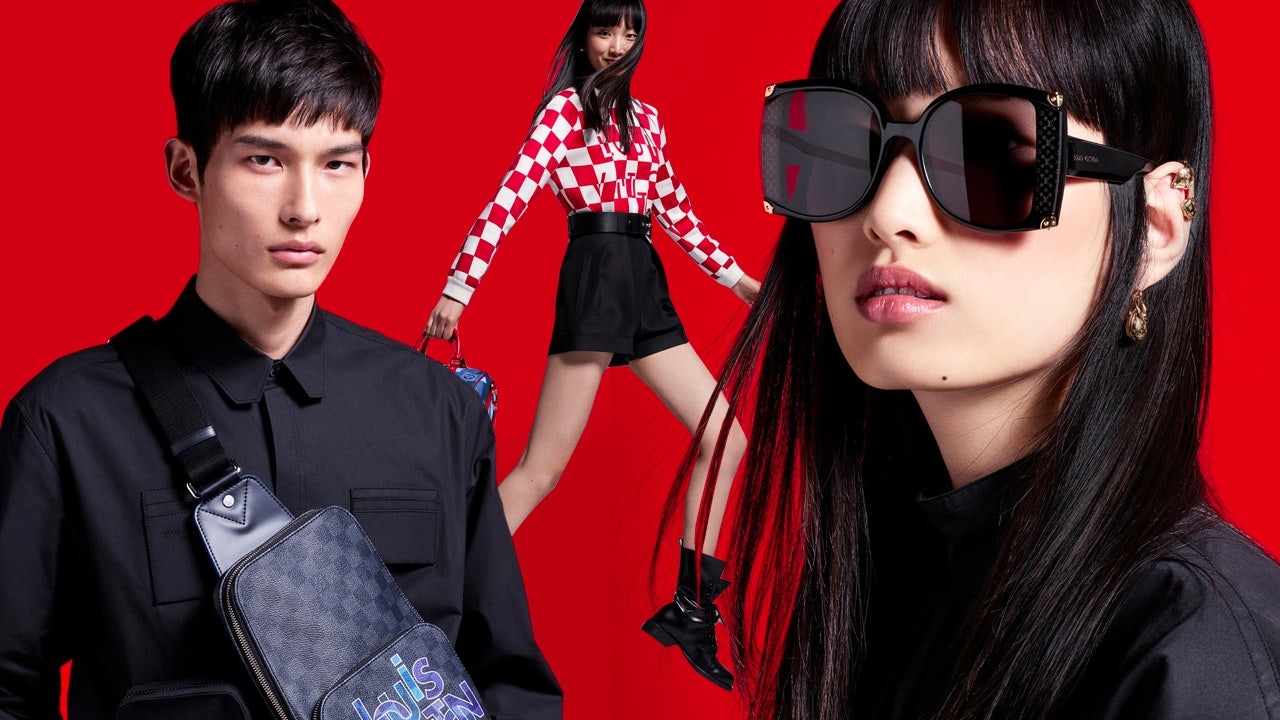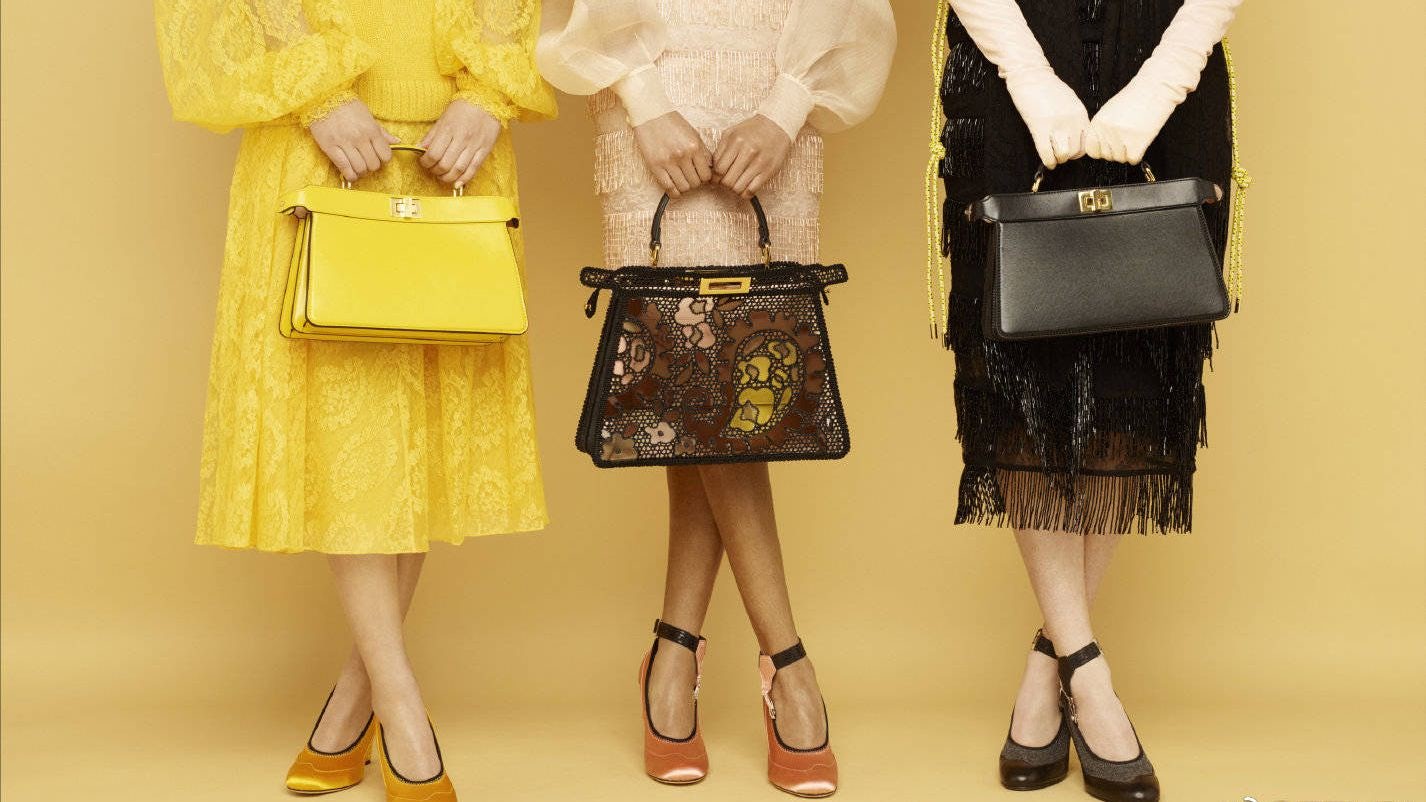What happened
China’s lifestyle sharing platform, Little Red Book, or Xiaohongshu (小红书), has updated its community guidelines to ban ostentatious displays of wealth among users and will require disclosure of advertisements and sponsored content. The move follows a similar action taken by short-video platform Douyin, which banned over 4,000 users for deliberately promoting displays of wealth in February this year.
The discovery app, launched in 2013, is beloved by first and second-tier Gen Zers, who make up 70 percent of its 300 million registered users. The platform, backed by Alibaba and Tencent, is reportedly considering a public listing in the US and is set to raise 1 billion this year.
The Jing Take
Flexing one's luxury lifestyle has been a trend on Chinese social platforms. However, with Beijing imposing stricter controls on cyberspace, companies are cleaning up their respective platforms. Faking wealthy lifestyles, spreading disinformation, and selling counterfeits are concerns for social commerce platforms.
The lavish lifestyles of Little Red Book’s KOLs and KOCs have attracted a significant number of followers looking for luxury purchase inspiration. And high-end brands have seized this opportunity by relying on influencers to reach China's young luxury spenders. As such, the new rules Little Red Book has rolled out are creating obstacles for brands to access this luxury gateway.
As the social commerce app heavily relies on its community, posts shared by brands’ official accounts are less appealing to audiences. Therefore, these restrictions may harm brands’ organic traffic from user-generated content since sponsored content that clearly states a partnership with KOLs and KOCs may have less credibility in users' eyes.
Luxury brands will have to find new ways to navigate the platform and reach their high-end consumers. This doesn't spell the end of influencer marketing, however. And brands have been urged to work on innovative content marketing strategies that encourage consumers to share and generate organic traffic.
The Jing Take reports on a piece of the leading news and presents our editorial team’s analysis of the key implications for the luxury industry. In the recurring column, we analyze everything from product drops and mergers to heated debate sprouting on Chinese social media.


